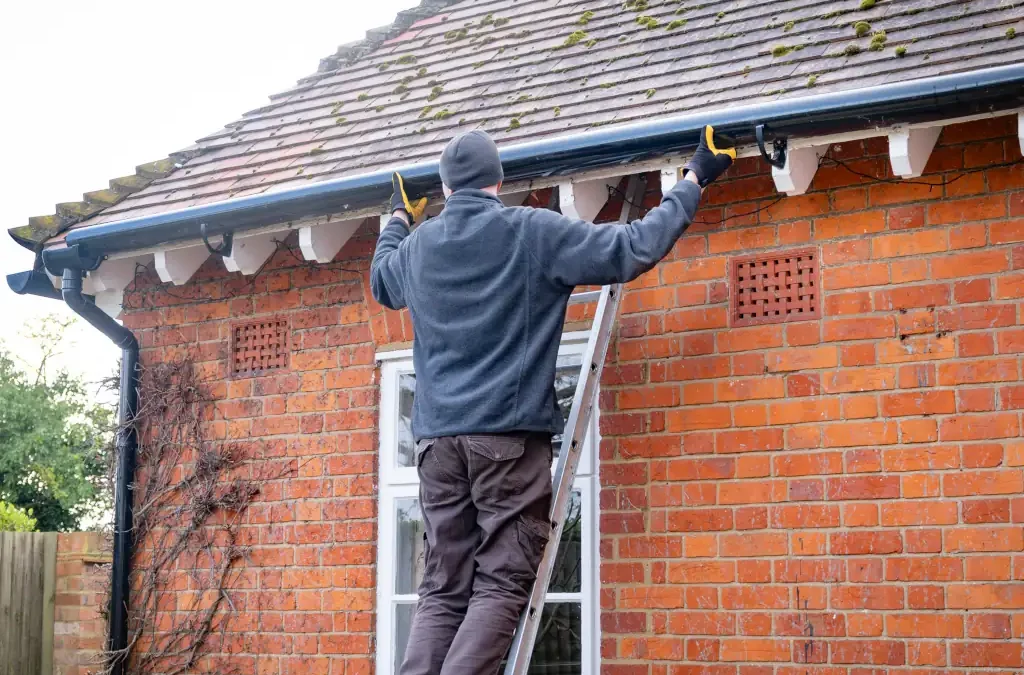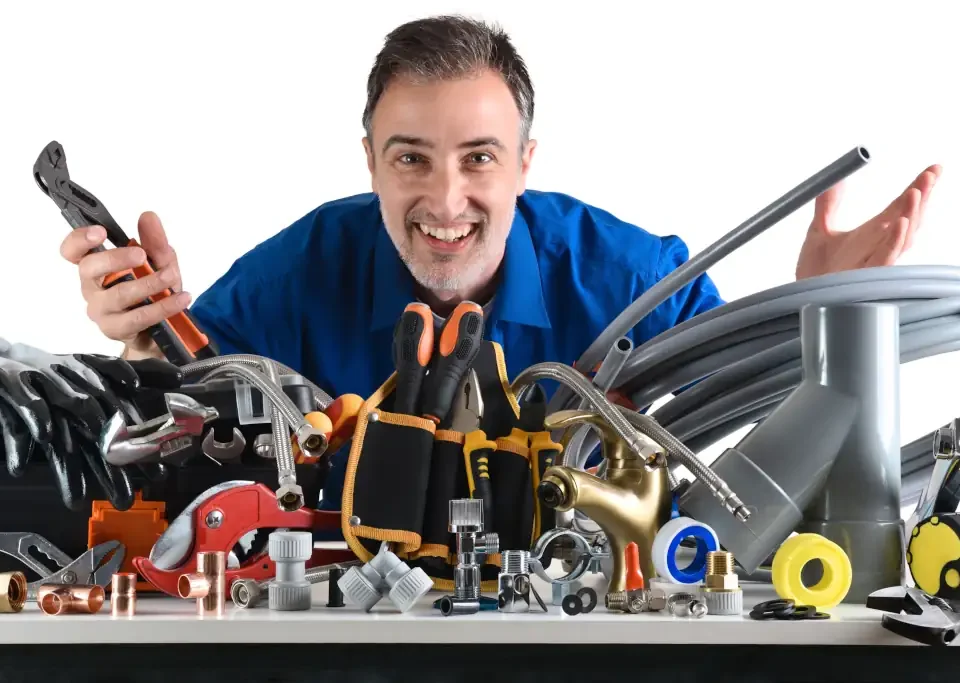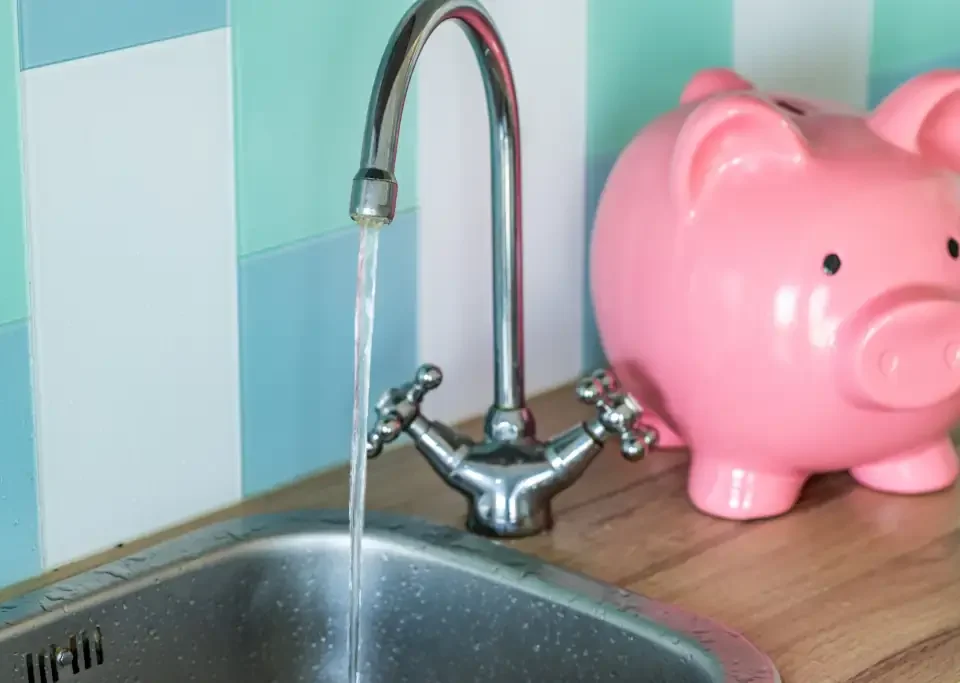Spring Plumbing Checklist: Get Your Pipes Ready After Winter

As winter fades and spring begins to blossom, it’s the perfect time to give your home’s plumbing system some extra attention. Cold temperatures during the winter months can silently damage your pipes, drains, and fixtures without you even realising it. Carrying out some simple preventative checks and maintenance can help your plumbing system work smoothly and prevent costly repairs later. Following a detailed spring plumbing checklist ensures your home is ready to handle the warmer months ahead.
Inspect for Leaks & Cracks
Cold winters often cause pipes to expand and contract, leading to cracks and leaks. Even small leaks can gradually worsen, causing serious structural damage and mould growth, making it important to know how to check for pipe leaks. Start your post-winter plumbing maintenance by checking all exposed pipes beneath sinks, in the basement, and outside. Look for moisture, rust, or corrosion. Damp spots on walls, ceilings, or floors could also indicate hidden leaks. Outdoor taps are particularly vulnerable to winter damage. Make sure you give them a thorough outdoor tap inspection, checking for leaks or signs of dripping water.
Test Your Toilets & Taps
Leaks from taps and toilets, no matter how small, can waste hundreds of litres of water and significantly increase your water bill. Regularly checking these fixtures helps prevent larger plumbing problems. A simple test for hidden toilet leaks starts with adding a couple of drops of food colouring into the water reservoir. Wait 15 minutes, and if the colour appears in the bowl, you have a leak. For taps, make sure they operate smoothly without drips or irregular pressure. Listen carefully for unusual sounds in your pipes, as noises can signal trapped air or issues with pressure.
Clear Gutters & Downspouts
Gutters play a crucial role in protecting your home by directing rainwater away from your roof and foundation. Blocked gutters can result in water damage, foundation issues, and even flooding. Cleaning gutters should be an essential part of your spring plumbing checklist, so be sure to take note of these gutter cleaning tips. Start by removing leaves, twigs, and debris from your gutters. Make sure the downspouts are clear and directing water away from your home as intended. While cleaning, inspect gutters carefully for cracks, sagging, or leaks, and repair any problems promptly.
Clean Drains & Traps
Over winter, drains can build up debris, causing unpleasant odours and slow drainage. Use a natural solution like baking soda followed by vinegar and hot water to clear your drains effectively. Check sinks, showers, and baths for slow drainage, which may signal a blockage. If necessary, remove and clean sink traps to get rid of any stubborn debris that’s built up over the colder months.
Inspect Outdoor Plumbing
Outdoor plumbing fixtures and irrigation systems are especially prone to freeze damage during UK winters. Part of preparing plumbing for spring involves checking these external fixtures for potential issues. Turn on outdoor taps to check for leaks or weak pressure and examine garden hoses for cracks. Replace any damaged hoses promptly. Also, test your irrigation system thoroughly for leaks and inspect for any broken sprinkler heads before regular springtime use begins.
Flush Your Water Heater
Your water heater works hard throughout the year, and sediment can build up in the tank, reducing its efficiency and lifespan. Water heater maintenance in the UK typically involves flushing your tank annually. Start by shutting off your water heater and letting it cool down. Then, connect a hose to the drain valve and flush out any accumulated sediment. Finally, verify the heater’s temperature setting—49°C is recommended for safety and efficiency.
Check Water Pressure
Proper water pressure is vital for a healthy plumbing system. Abnormal water pressure could indicate deeper issues, such as leaks or faulty pressure regulators. Use a water pressure gauge on an outdoor tap to check your home’s pressure. Ideal water pressure ranges between 40-80 psi. If your pressure is too low, there might be a hidden leak or blockage. Excessive water pressure can stress your pipes, and you might need a plumber to adjust your pressure regulator.
Examine Sump Pumps (If You Have One)
Sump pumps are crucial for preventing basement flooding, particularly during heavy spring rains. To examine your sump pump, pour a bucket of water into the pit; the pump should activate and swiftly drain the water away. Make sure to clear away any debris that might block its function. Make sure the discharge pipe is clear and properly directs water away from your foundation.
Look for Signs of Water Damage
Water damage isn’t always immediately noticeable, but hidden leaks can significantly weaken your home’s structure and lead to mould growth. Check areas like basements, attics, and crawl spaces for signs of moisture or dampness. Water stains, peeling paint, or warped wood around windows and doors are clear indicators of potential issues. Also, be on the lookout for musty smells, which can point to hidden leaks or mould.
Book a Professional Plumbing Inspection
Despite a thorough DIY plumbing check, it’s wise to arrange a professional plumbing inspection annually. Professional plumbers in the UK are trained to detect subtle leaks, pipe corrosion, and other issues before they escalate into serious problems. During a UK plumbing inspection, experts may also recommend upgrades that increase water efficiency, such as installing low-flow toilets or energy-efficient water heaters, saving you money in the long run.
Let Fords South West Ltd Help You Prepare For Spring
Spring plumbing maintenance is essential for preventing costly repairs and ensuring your system runs smoothly after winter. By checking for leaks, clearing drains, and inspecting outdoor plumbing, you can safeguard your home from unexpected issues. For a thorough assessment, trust Fords South West Ltd we’ve been delivering expert plumbing services across Devon, Somerset, and beyond for over a century. Whether you need routine maintenance, repairs, or professional advice, our experienced team is here to help. Visit our Sidmouth showroom or contact us today to keep your plumbing in top condition for the seasons ahead.



